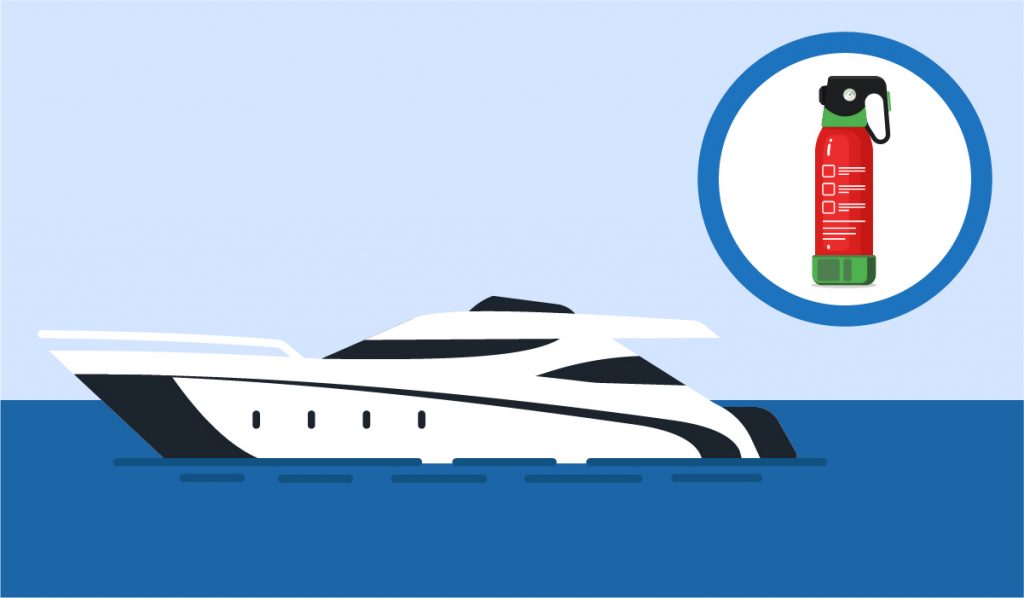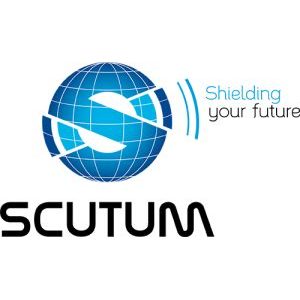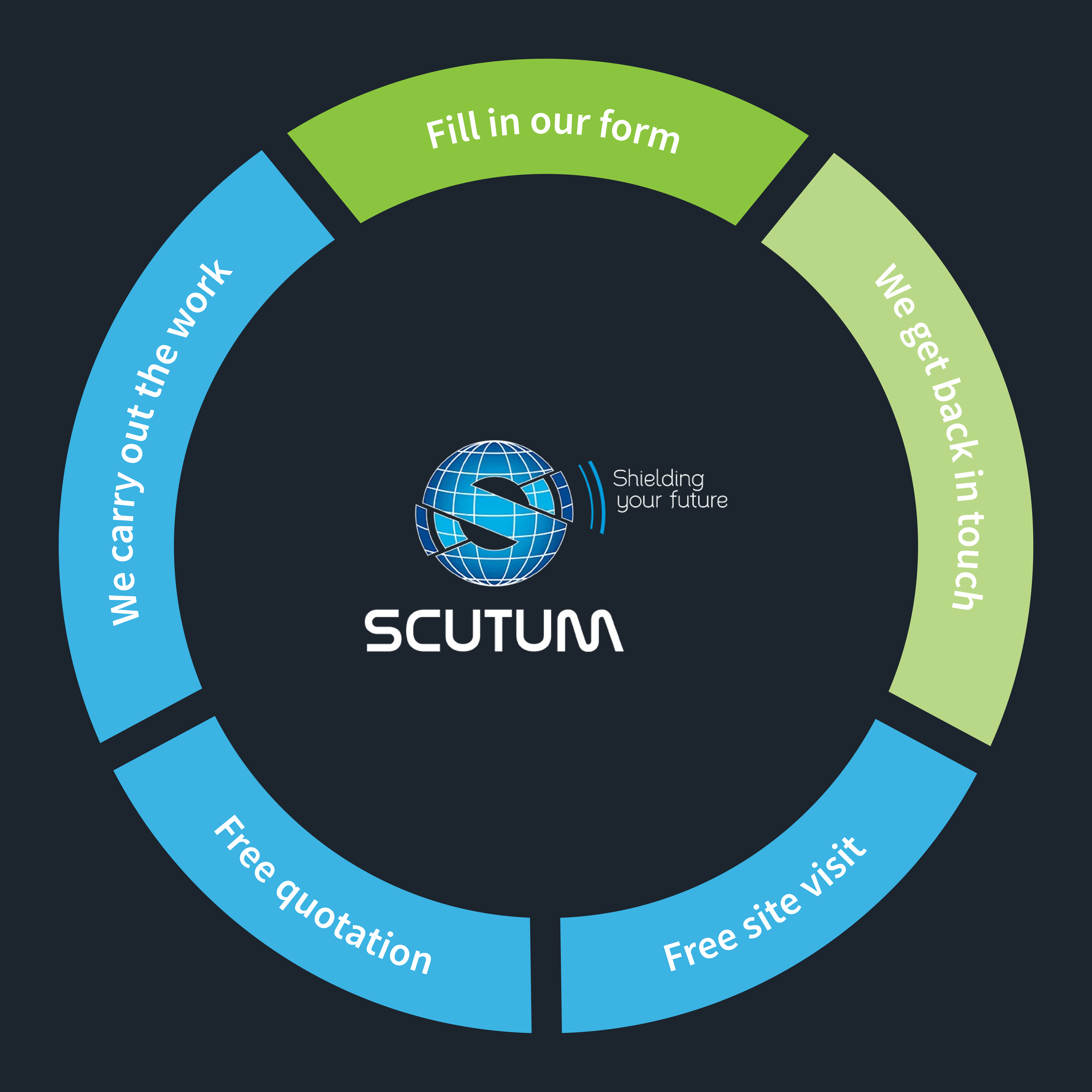Lithium-ion Battery Guidance for Yacht Owners and Manufacturers
We’ve recently examined the dangers of lithium-ion battery fires and the disastrous consequences that can result when they take hold. With so many devices now being powered by these extremely useful but potentially hazardous batteries, both at home and in the workplace, it’s important that we all take the care needed to both prevent and control such fires.
One perhaps unexpected place where such fires are increasingly common is on yachts – and this has become such a matter of urgency that in June 2023, the government published detailed guidance on the matter in a document known as Marine Guidance Note MGN 681 (M). This contains valuable information on best practice for the storage and charging of such devices on yachts and the best means of fire prevention, detection and suppression.
So why are lithium-ion battery fires on yachts becoming a bigger problem and what is the government advising that yacht owners and manufacturers do to deal with the issue?

Fire hazards on yachts
When we think of devices containing lithium-ion batteries at home, we tend to think of mobile phones, laptops, power tools and e-scooters. Although some of these can of course still be an issue at sea, yachts can have their own specific devices and hazards.
For instance, many modern yachts will be storing things like electric tenders, jet skis and other personal watercraft that use batteries with similar power to those used by electric cars, while there might also be numerous other smaller devices on board such as electric foils and paddleboards.
Quite apart from the usual hazards associated with such electrical devices, if the battery on a watercraft becomes damaged, it can easily be exposed to salt water that can both significantly degrade the battery and create an extreme fire risk.
Storage of lithium-ion batteries on yachts
As a result of the hazards outlined above, the government report gives detailed guidance on the best practice for storing and charging devices powered by lithium-ion batteries on yachts. While some of this is as straightforward as complying with manufacturer’s instructions, the guidelines also make detailed provision for the specific hazards present on yachts.
These include ensuring that charging does not take place forward of the collision bulkhead, inside or adjacent to Category A Machinery spaces, or next to spaces containing ‘the main source of electrical power, associated transforming equipment or the main switchboard’.
Areas where devices are being stored should also be temperature monitored or controlled to ensure that the ambient temperature does not go above 45°C and, where possible, such monitoring should be integrated into the ship’s alarm system.
It is stressed that provision for storing and charging lithium-ion batteries should be incorporated into the initial design and and construction where possible, even where they are not immediately needed.
Meanwhile, operators are required to continuously review and upgrade their procedures and practices to ensure ongoing safety.
Fire detection, alarm and suppression
The report details a number of provisions that should be made regarding the early detection of a potential fire or thermal runway. These could include CCTV or infrared cameras together with a fire alarm system that complies with SOLAS II-2/Part A/Fire Safety Systems Code Chapter IX.
It further notes that, while off-gas detectors and thermal imaging cameras are not at present a requirement, both can be useful tools in the early detection of a possible fire involving lithium-ion batteries.
There are also numerous measures put in place to enable effective suppression of a fire involving an electrical device, including the provision of appropriate lithium-ion battery extinguishers.
Crew training
The last part of the report goes into detail regarding the importance of having sufficient crew members trained in the proper handling, charging and storage of electrical devices.
They also need to be able to identify potentially damaged equipment and know how it should be safely disposed of or quarantined. Just as importantly, crew should be trained and competent in the use of equipment likely to be used to fight or detect battery fires, including lith-ion battery extinguishers.
Scutum London is a leading fire safety expert operating across South East England, including in London and Surrey. We can provide expert advice and effective fire extinguishers for use with electrical devices powered by lithium-ion batteries, with a range of sizes available for use with everything from small personal devices to the large watercraft stored on yachts.
Want to know more? Then get in touch with our experienced team today.
Request a Callback
Just fill in your details below and we'll get back to you as soon as we can!

About Scutum London
Scutum London is a leading expert in fire safety and security solutions for businesses and organisations located across South East England, including London and Surrey.
From fire alarms, fire extinguishers and fire risk assessments to access control, CCTV and intruder alarm systems – and a lot more besides – we offer a comprehensive range of products and services designed to keep you, your business and your staff and visitors safe.
With decades of industry experience to call on, we’re proud to hold accreditations from leading trade associations and bodies such as British Approvals for Fire Equipment (BAFE), the British Fire Consortium, the Fire Industry Association (FIA) and Security Systems and Alarms Inspection Board (SSAIB).
If you’d like to find out more about Scutum London, get in touch with our friendly team or explore our products and services on our site.

